Description
Rasna Dashamoola Kashayam is an efficient ‘Vata’ pacifying combination used in the management of chronic inflammatory conditions like rheumatoid arthritis, cervical and lumbar spondylitis, osteoarthritis etc. ‘Kashaya’ or herbal decoctions harness the healing properties of herbs and roots in a mild and easily absorbable water base.
Vata in its element is responsible for smooth locomotory function and nerve conduction. When deranged, it causes pain, swelling and movement restriction in the affected regions.
Features and benefits of Rasna Dashamoola Kashayam –
- It is a good remedy for inflammatory pain, swelling and rigidity.
- Rasna Dashamoola Kashayam is nourishing to the bones and joints. It imparts strength and mobility.
- It relieves wheezing, breathing disorders and chronic cough.
- It improves nervine strength and sensory function.
- Dasamoola has a specific affinity to the ‘Uras’ or chest region. It strengthens respiratory functions.
- Rasna Dashamoola Kashayam also balances deranged ‘Vata’ throughout the body.
- Suitable adjuvants can be added to get different results, making it a versatile combination.
Adult: 15-20 ml of Rasna Dashamoola Kashayam mixed with 45-60 ml of boiled and cooled water, twice daily on empty stomach.
Child: 10-15 ml of Rasna Dashamoola Kashayam mixed with 30-45 ml of boiled and cooled water, twice daily on empty stomach.
Key Ingredients:
VILVA (Aegle marmelos)
Vilwa is also called as Aegle marmelos. The Bael tree or Bilva (in Sanskrit) is an ancient Ayurvedic tree known for its spiritual and medicinal importance. It is one of the Dashamoola (group of ten roots) herb. Belpatra is said to have anti-inflammatory properties and can be applied on any inflamed region for quick relief. Bael is said to have anti-fungal and anti-viral properties, due to which it is used in treating a number of infections in our body.
AGNIMANTHA (Premna integrefolia)
The extracts of Agnimantha play a vital role in improving skin glow, and texture. It prevents dark circles, blemishes, breakouts, scars left after the healing of acne, suntans, and various signs of aging and provides a natural radiance to the skin.
SHYONAKA (Oroxylum indicum)
It detoxifies the blood, cleanses wounds and helps in faster healing.
PATALA (Stereospermum suaveolens)
The herb is highly effective in purifying the blood. It also treats burns, wounds, reduces blisters, and provides relief from pain and burning sensation.
SHALAPARNI (Desmodium gangeticum)
The extract is highly beneficial in treating allergic conditions and skin infections and provides relief from redness, itching, and dryness. Being an amazing skin emollient, this prickly dried fruits of the Gokshura tree treats skin infections and inflammatory conditions. It also helps in treating the various signs of aging like wrinkles, fine lines, dark circles etc. and bestows a smooth, glowing revitalized skin.
BRIHATI (Solanum indicum)
The use of Brihati in this oil helps reduce Vata disorders. It treats different types of skin infection and nourishes and rejuvenates the skin.
KANTAKARI (Solanum virginianum)
The Kusthahara property of this herb holds high value in treating skin diseases, helping in wound healing and promoting skin health. Yellow Berried Nightshade is one of the chief ingredients in Dashamoola Rasayanam, an Ayurvedic preparation for the treatment of respiratory ailments. The herb is also a digestive and a carminative, which facilitates the treatment of gastrointestinal problems.
GOKSHURA (Tribulus terestris)
Land Caltrops has been used for centuries as a general tonic by the Ancient Greeks. It is used in Ayurvedic medicine to maintain efficient kidney and urinary functions and in reducing renal discomfort. It is effective in treating urinary tract disorders because it promotes the flow of urine and cools and soothes the membranes of the urinary tract. Land Caltrops has also been described as an aphrodisiac in Ayurveda.
GULUCHI (Tinospora cordifolia)
It is a well-recognized and widely distributed traditional plant that is used successfully in Indian Ayurveda medicine. Guduchi helps increase the effectiveness of protective white blood cells which fight infection. The herb also augments immune responses to infections by influencing various immune effector cells and ensures early recovery. Its effective in Infections in the respiratory system, skin, and soft tissues, Infected wounds, especially in diabetic conditions and immune compromised conditions.
ERANDA (Ricinus communis)
It is scientifically known as Ricinus communis. All the parts of this herb have medicinal value. Castor seeds and seed oil is used from ancient times to cure disorders like rheumatism, worm infestation, and abdominal disorders. External application of this oil is used to relieve boils, furuncles, and various skin related disorders
SHUNTI (Zingiber officinalae )
Due to its strong flavor, Ginger is an essential ingredient in many Asian cuisines. Its therapeutic benefits have been recorded in Ayurvedic and Traditional Chinese Medicine. Ginger is a potent anti-nauseatic and is beneficial in treating upset stomach.Gingerol and shogaol, active components of Ginger, suppress gastric contractions. Both the fresh and dried rhizomes of Ginger suppress gastric secretion and reduce vomiting. The compounds 6-gingerol and 6-shogaol have a number of pharmacological properties, including antipyretic, analgesic, antitussive and hypotensive properties.
DEVADARU (Cedrus deodara)
Also known as Cedrus deodara or Himalayan Cedar, it is very effective in neurological disorders, asthma, pruritus, infested wound. Devadaru is also effective in arthritis and headache. Deodar oil contains two major sesquiterpenoids a – and ß- himachalenes. Deodardione are also isolated from the essential oil. The oil shows invitro antibacterial, antifungal and anti-inflammatory activity.


 Sign In
Sign In Cart
Cart 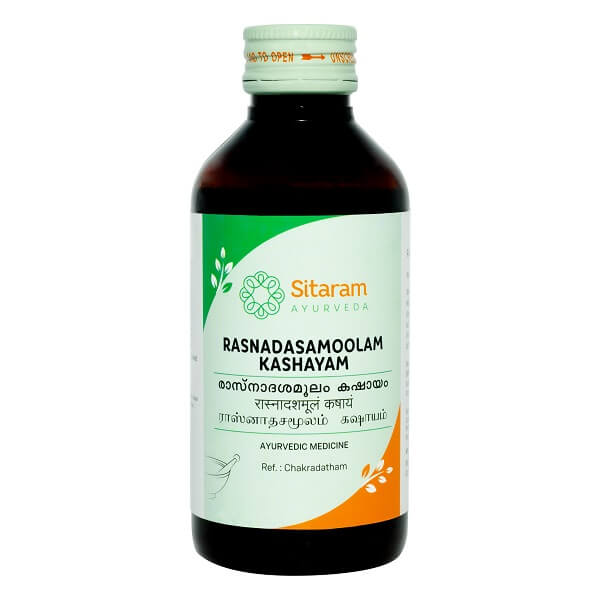
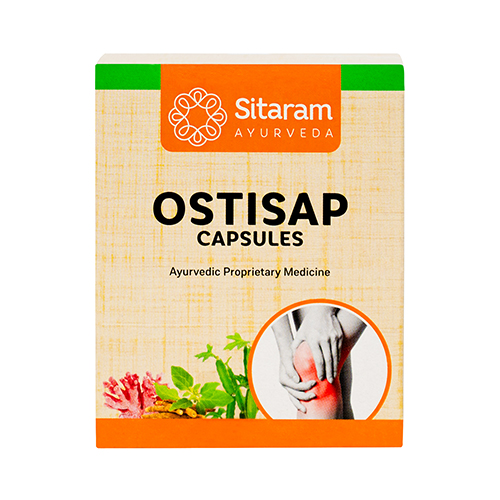
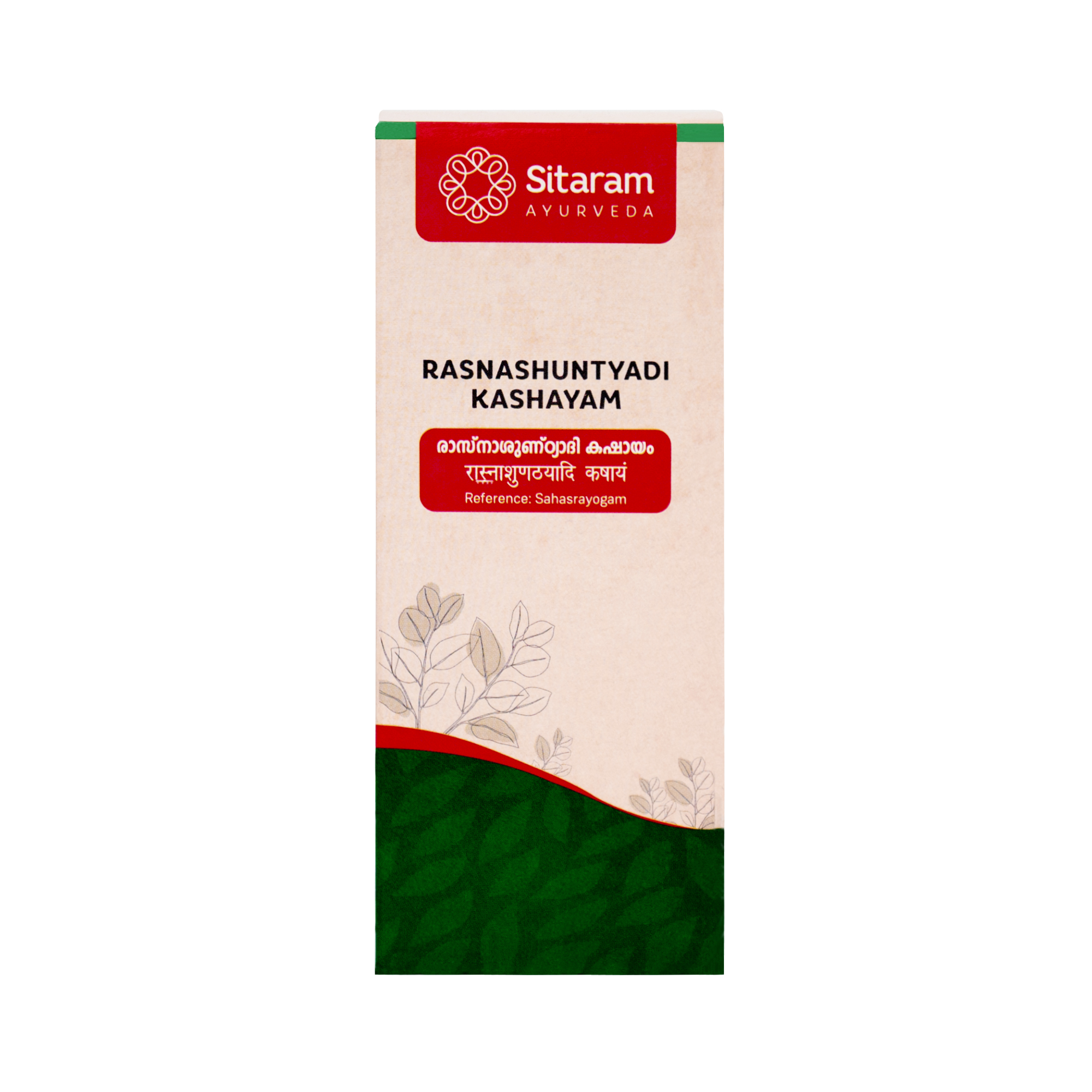
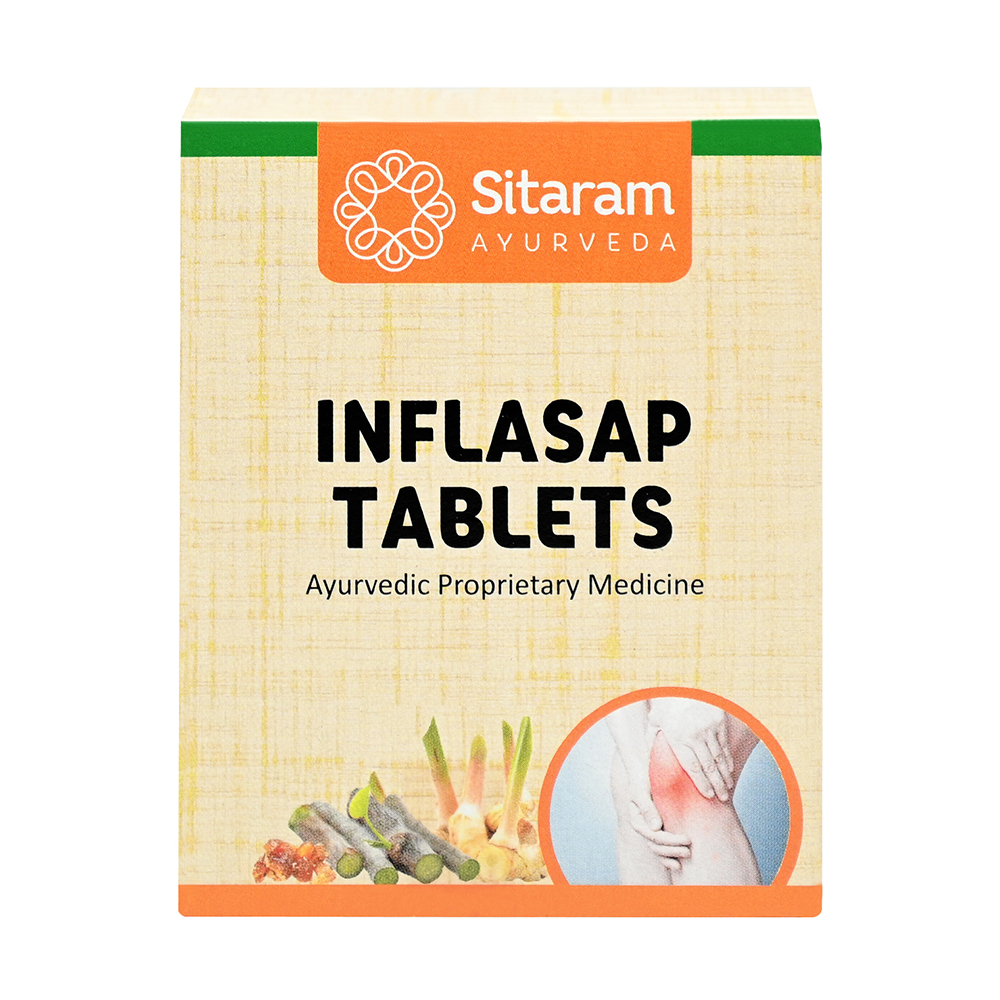
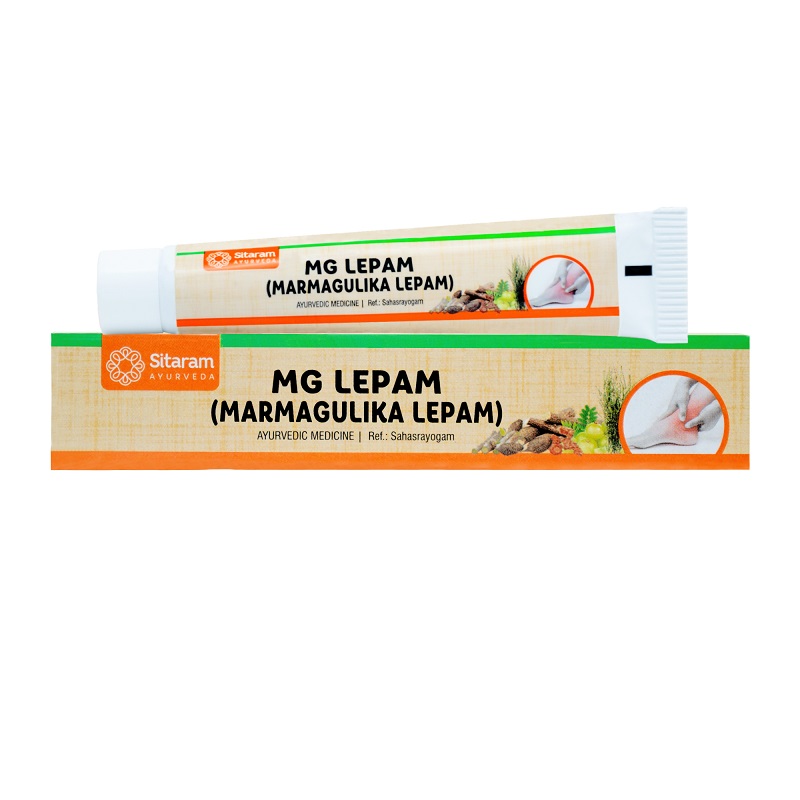
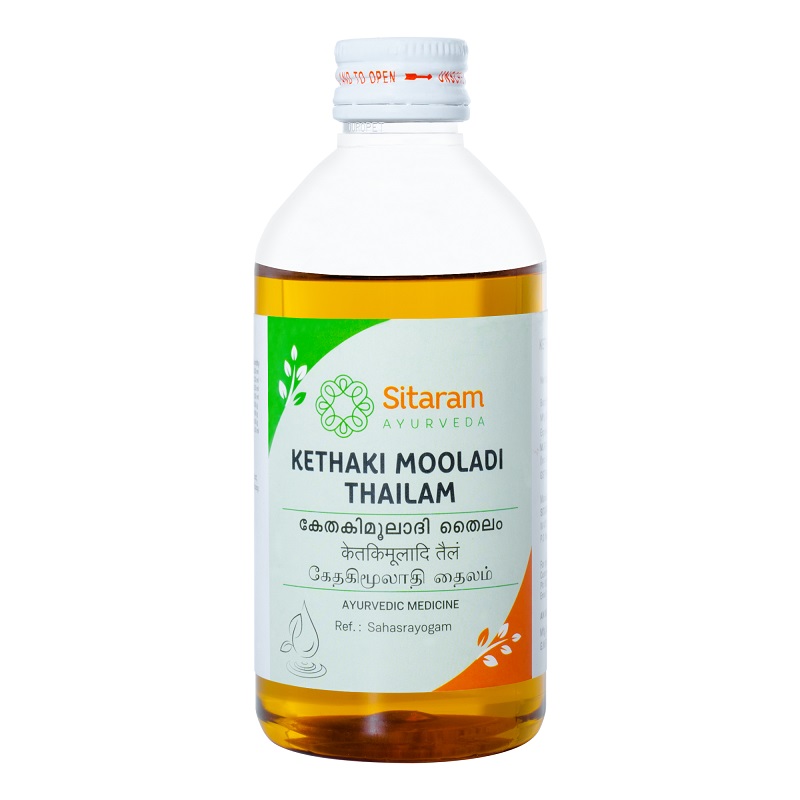
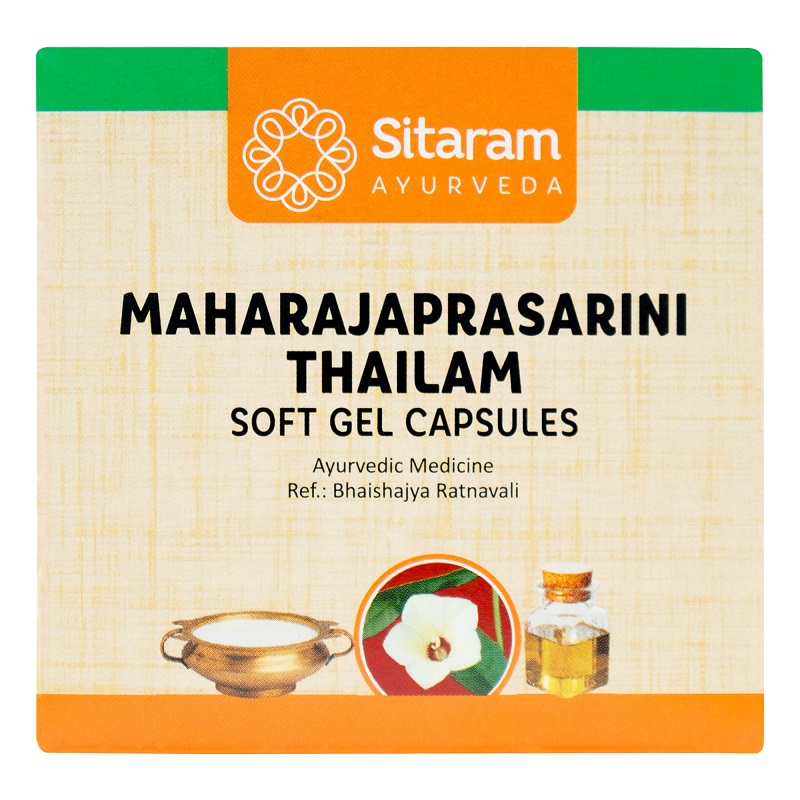
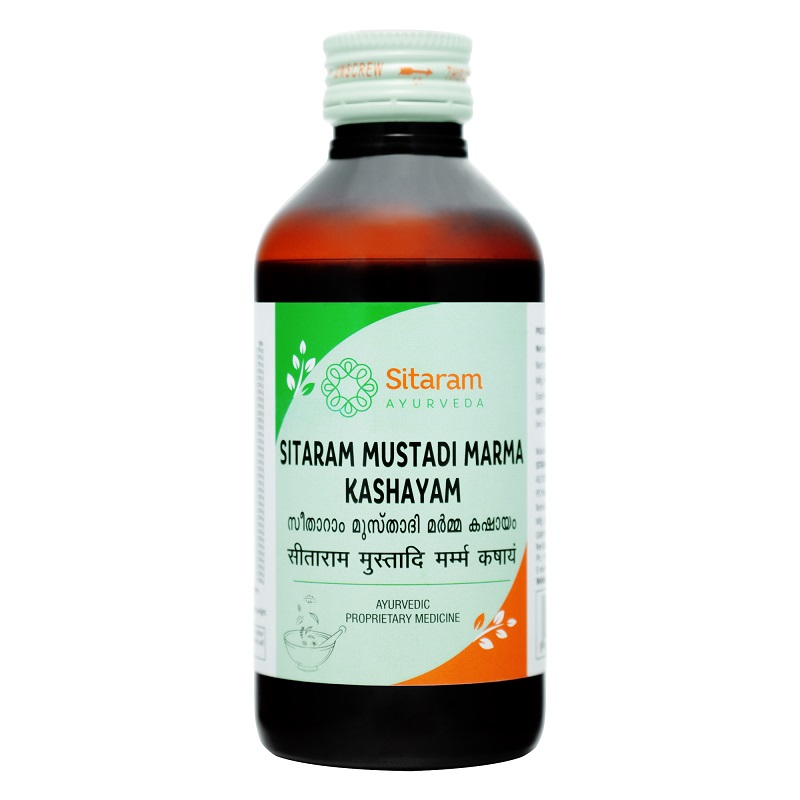
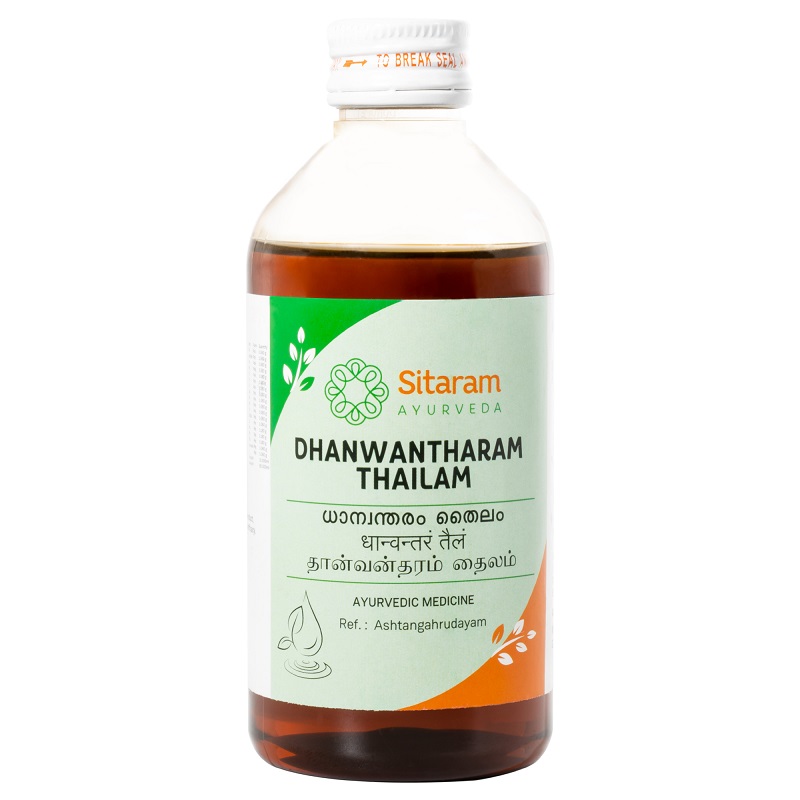
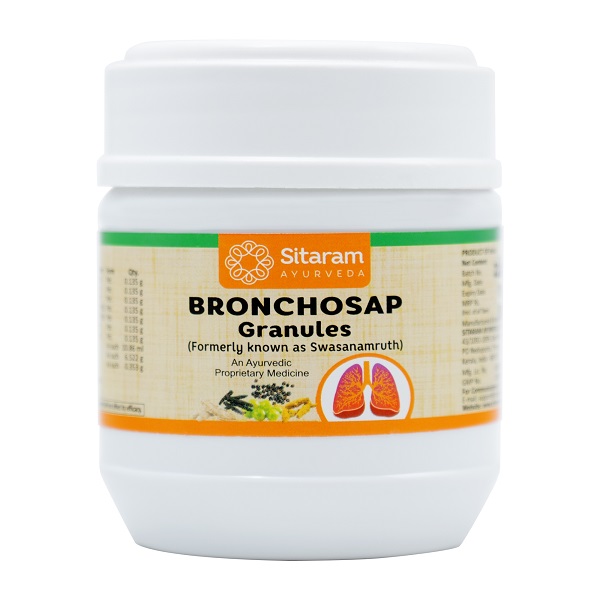
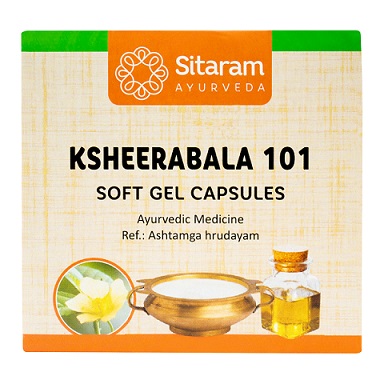
Reviews
There are no reviews yet.